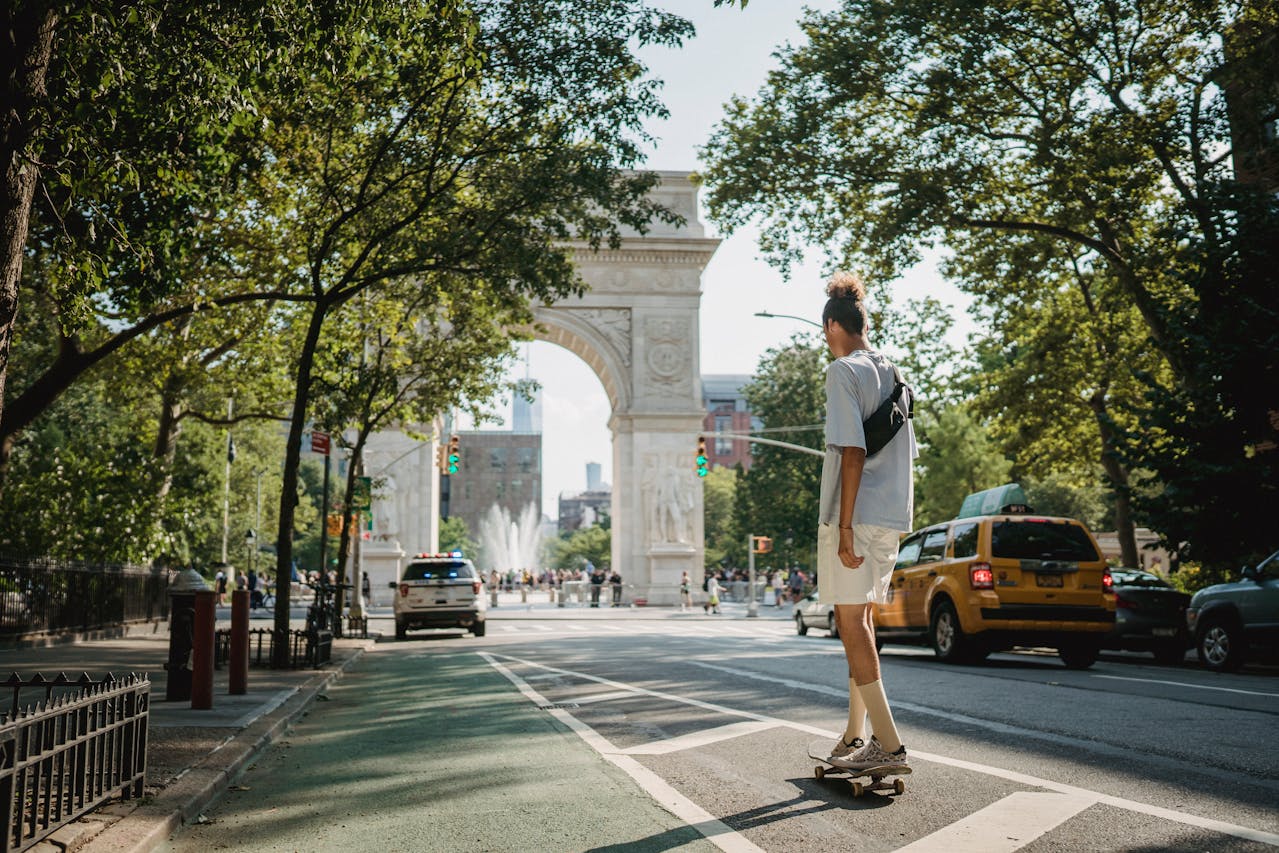Public spaces feel like open areas where everyone can hang out freely, but specific rules and laws guide most. Many teens are surprised to learn that what seems harmless, such as loud music or skating near stores, can result in fines or warnings. Cities and towns put these rules in place to keep order and balance for all age groups. Knowing them early helps teens avoid trouble, stay safe, and respect community guidelines while enjoying public places.
1. Noise Restrictions in Parks
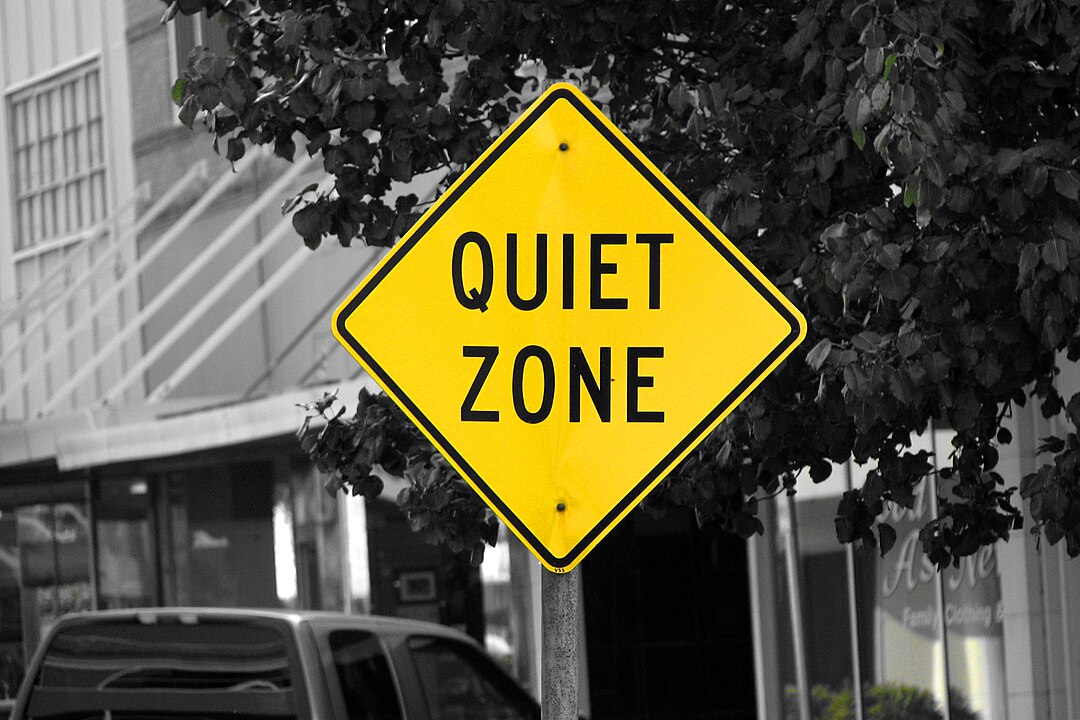
Many cities across the United States enforce local ordinances about noise levels in public parks. Teens blasting music through portable speakers after certain hours could face warnings or fines. For example, New York City’s noise code sets limits on sound in parks after 10 p.m. These rules protect nearby residents and allow others to enjoy a calm environment. Even if you feel the park is empty, noise can travel farther than expected. Understanding this helps teens avoid conflicts with police or park staff.
2. Skateboarding Limitations
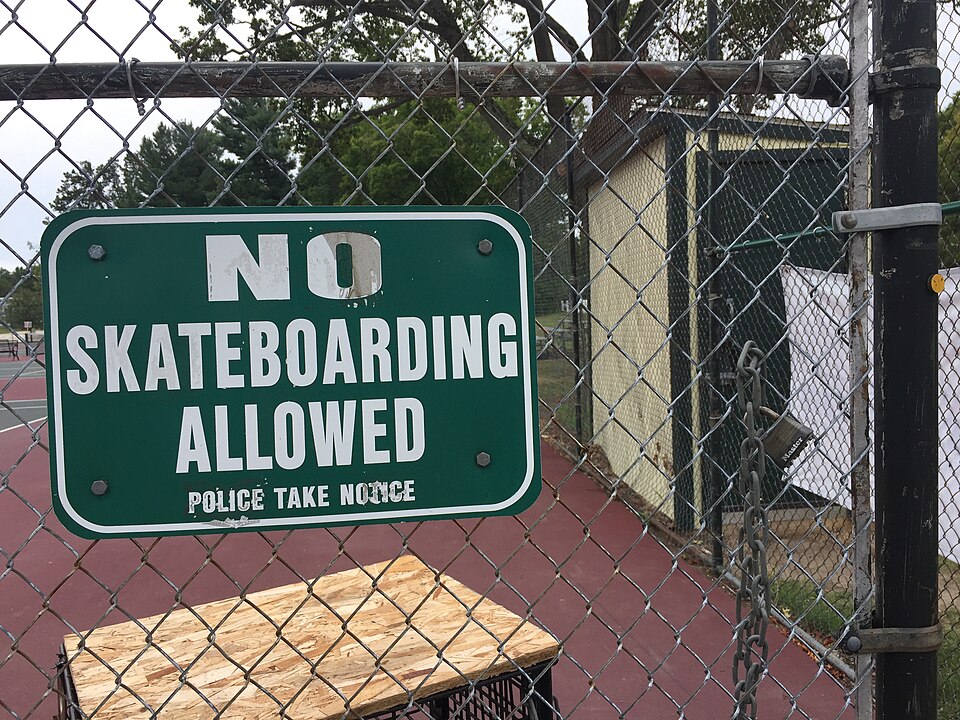
Skateboarding is a favorite hobby for teens, but many cities restrict it in certain public areas. For instance, Philadelphia and Los Angeles limit skating in historic districts and business zones to protect property. Skaters often do not realize that riding down stair rails or ledges can lead to fines of $50 or more. Designated skate parks exist to balance safety with freedom. Teens should check local signage because skating in prohibited zones can also result in equipment being confiscated.
3. Curfew Laws in Public Spaces
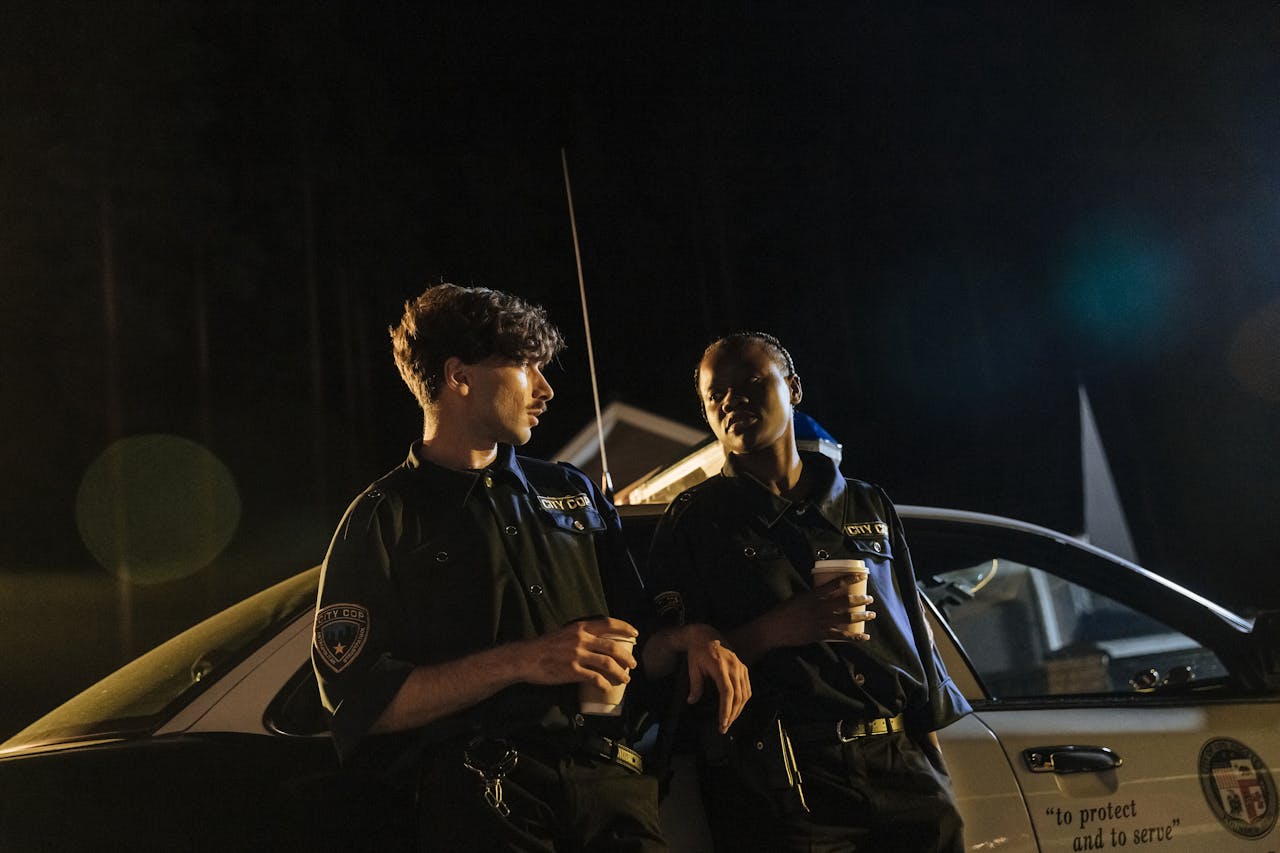
Several U.S. cities still enforce youth curfew laws. For example, Dallas and Baltimore restrict anyone under 17 from being in public areas late at night without a guardian. These laws were created in the 1990s to reduce crime and protect minors, though they remain debated today. Violating curfews can lead to fines for parents or community service hours for teens. It is important to know local rules, especially during summer when late-night hangouts are common.
4. Smoking and Vaping Bans
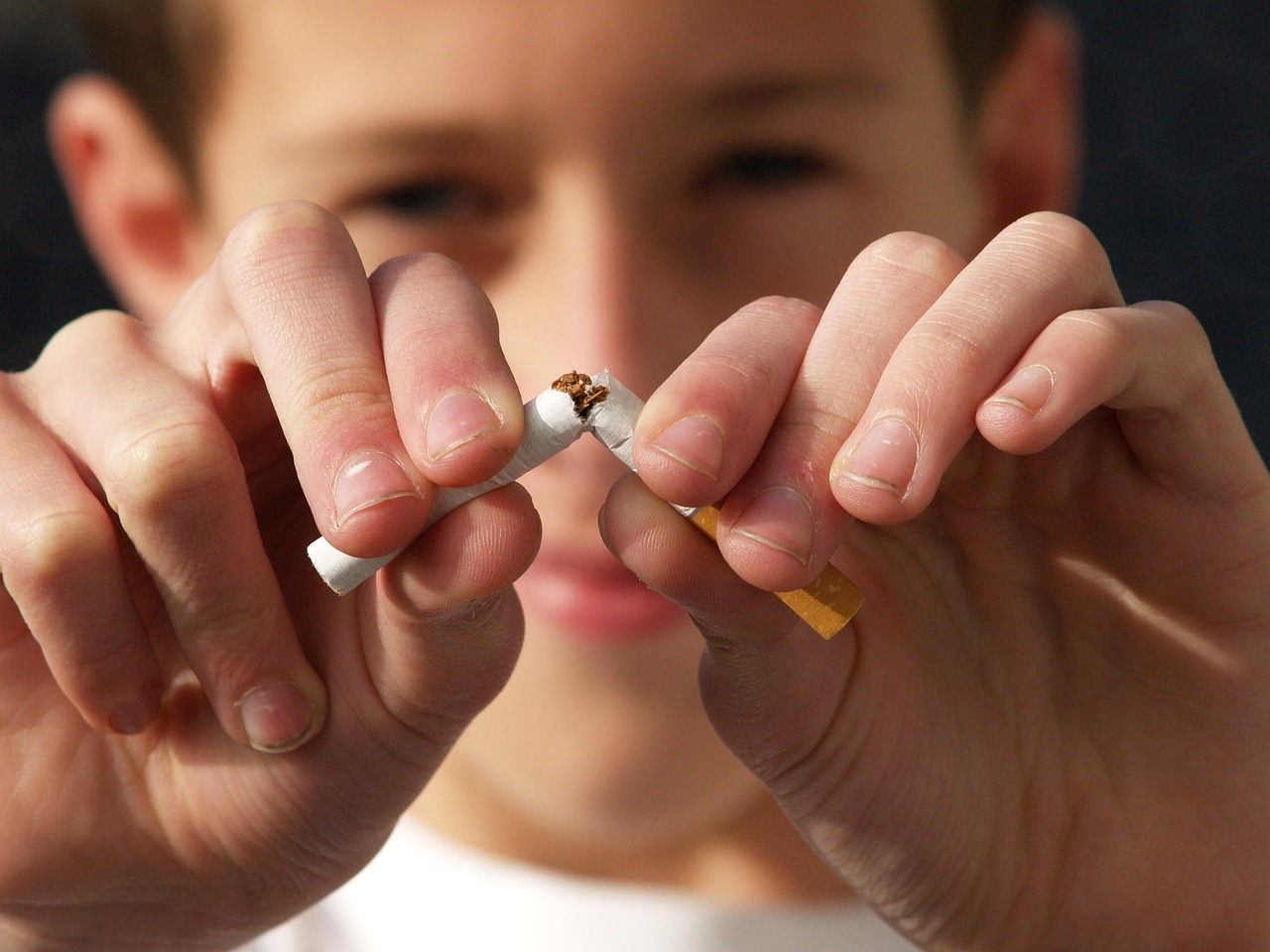
Many teens are unaware that public smoking bans apply not just to cigarettes but also to e-cigarettes. States like California and Massachusetts include vaping in their public health laws, making it illegal in parks, schools, and government buildings. Even holding a vape in a restricted zone can result in fines starting at $100. These laws were designed to protect children and families from secondhand exposure. Knowing this helps teens avoid penalties and promotes healthier public environments.
5. No Feeding Wildlife
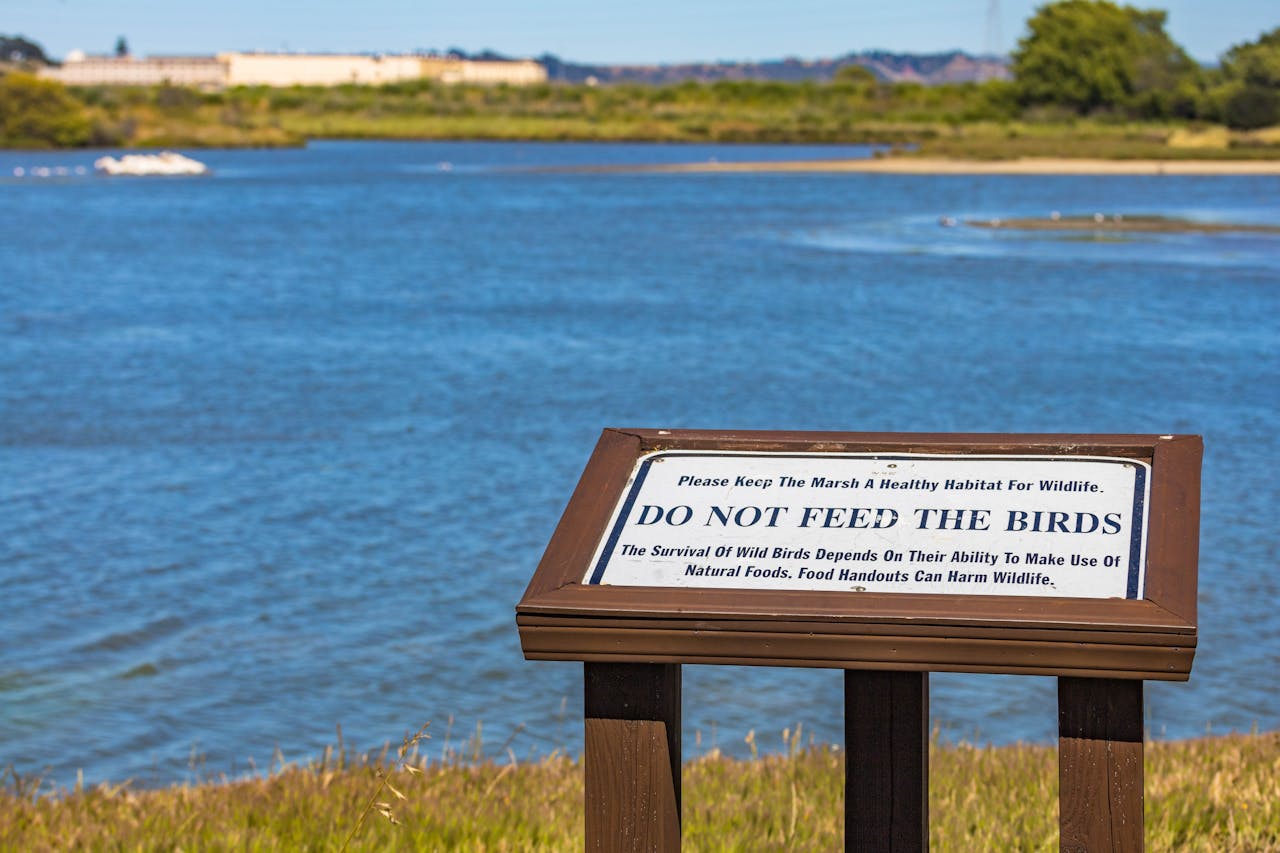
Feeding ducks, pigeons, or squirrels may seem harmless, but in most U.S. cities, it is against the rules. Chicago, for example, bans feeding pigeons due to public health risks and fines violators up to $500. Wildlife officials explain that human food can make animals sick and create aggressive behavior in public parks. Teens may think tossing bread into a pond is fun, but it disrupts ecosystems. Respecting these rules keeps animals healthy and communities safe.
6. Photography Restrictions
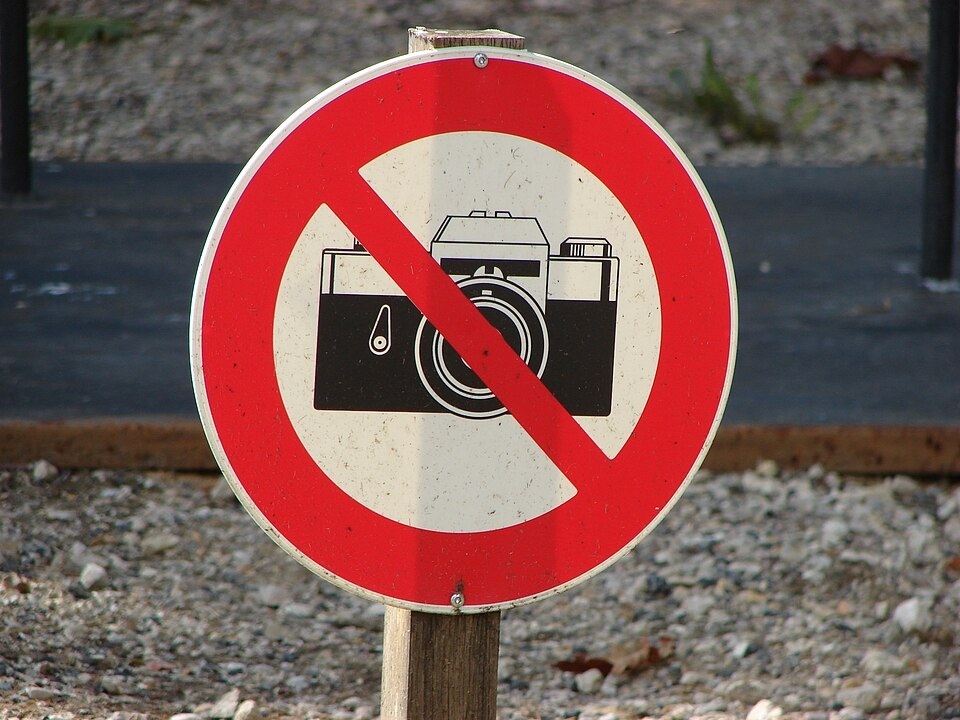
Public spaces often feel open to photography, yet some areas restrict it. In Washington D.C., tripods are prohibited in certain parts of the National Mall without permits. Likewise, photographing inside federal courthouses is illegal across the U.S. Teens interested in social media or TikTok videos need to understand where recording is limited. These rules protect privacy, security, and safety. Checking posted signs before filming helps avoid being stopped by security or having equipment confiscated.
7. Graffiti and Chalk Art Limits
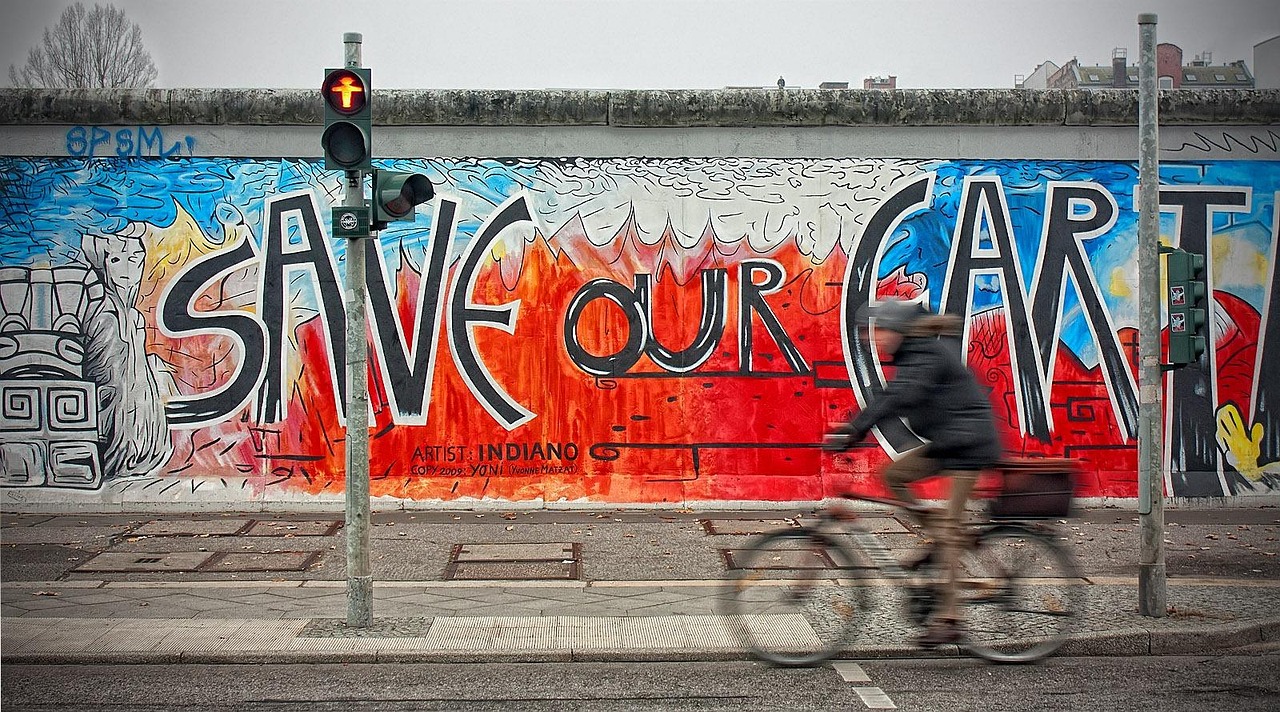
While sidewalk chalk art might feel temporary and fun, it can still be considered graffiti in some cities. In Los Angeles, chalking without permission on public walls or sidewalks can lead to fines under anti-graffiti laws. Teens often assume chalk washes away easily, but city codes classify it as defacement. Communities set aside legal mural or art walls where creativity is encouraged. Using these spaces allows teens to express themselves without risking penalties.
8. Public Transit Conduct Rules
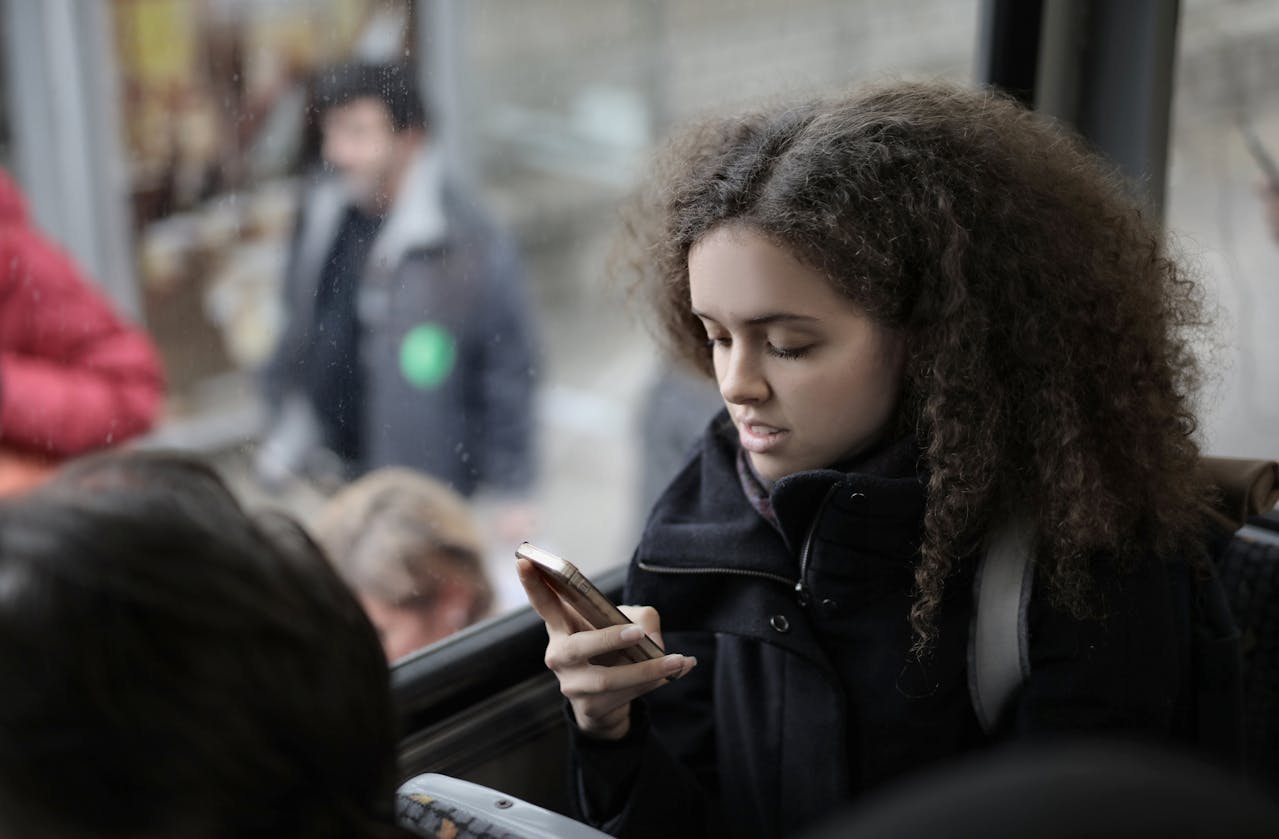
Buses and subways are public spaces with strict codes of conduct. For example, the Metropolitan Transportation Authority (MTA) in New York prohibits putting feet on seats, playing loud music, or eating messy foods. Teens may not realize these actions can result in $50 fines or removal from the train. These rules ensure comfort for all riders, especially during rush hours. Learning them early helps teens travel respectfully while avoiding conflicts with transit officers.
9. Drone Usage Restrictions
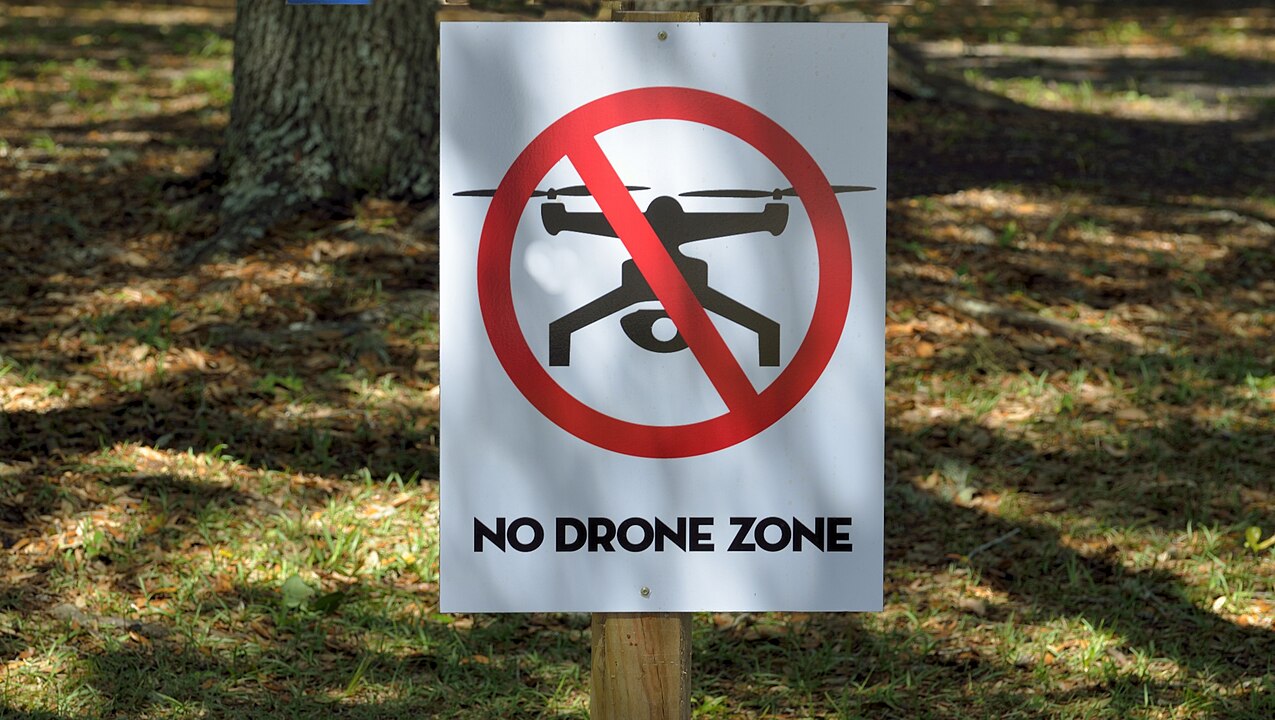
Flying drones in public areas has become popular, but the Federal Aviation Administration (FAA) restricts their use near airports, stadiums, and national parks. Teens who use drones for fun or video projects may unknowingly break federal law. For instance, Yellowstone National Park has a complete ban on recreational drones to protect wildlife. Violations can bring fines up to $5,000. Checking the FAA’s recreational flyer rules ensures safe and legal drone flying in public spaces.
10. Littering and Recycling Fines
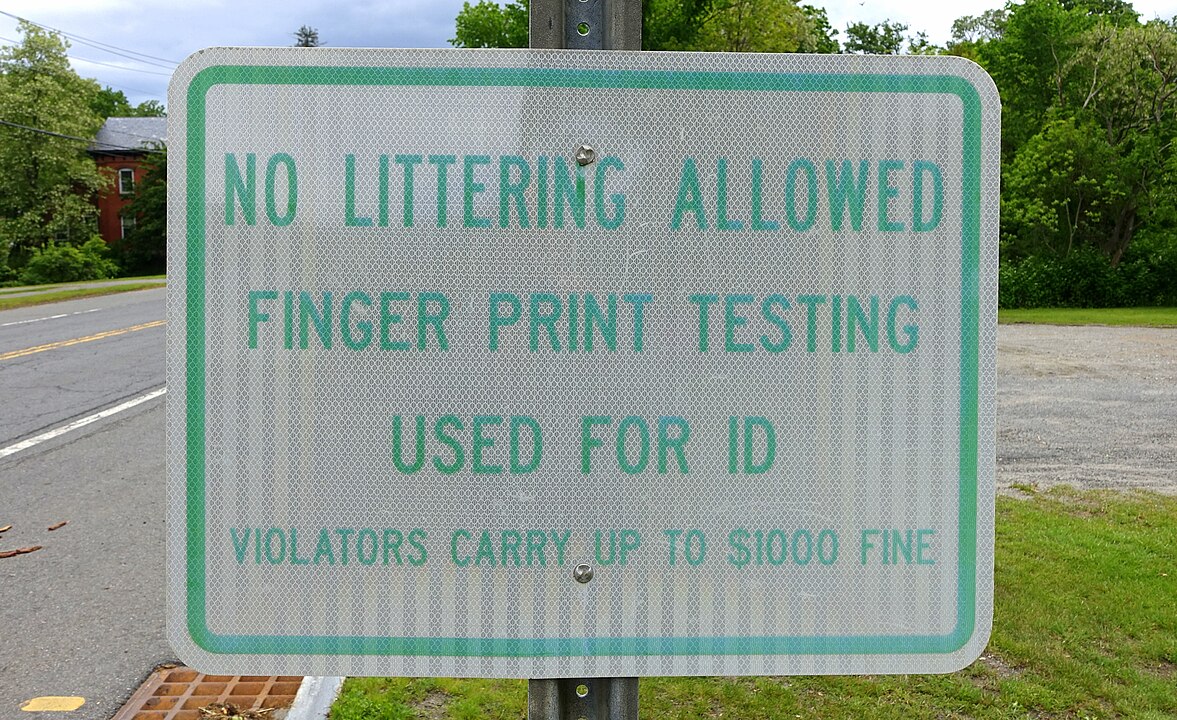
Dropping a soda can or snack wrapper on the ground may feel minor, but most U.S. cities enforce littering fines. In San Francisco, penalties start at $100 for first offenses. Some parks also require waste to be separated into recycling bins, with violations resulting in warnings or fines. Teens should understand that one careless action affects the entire community. Carrying trash until you find the right bin is a simple habit that avoids problems.
11. Bike Riding Rules on Sidewalks
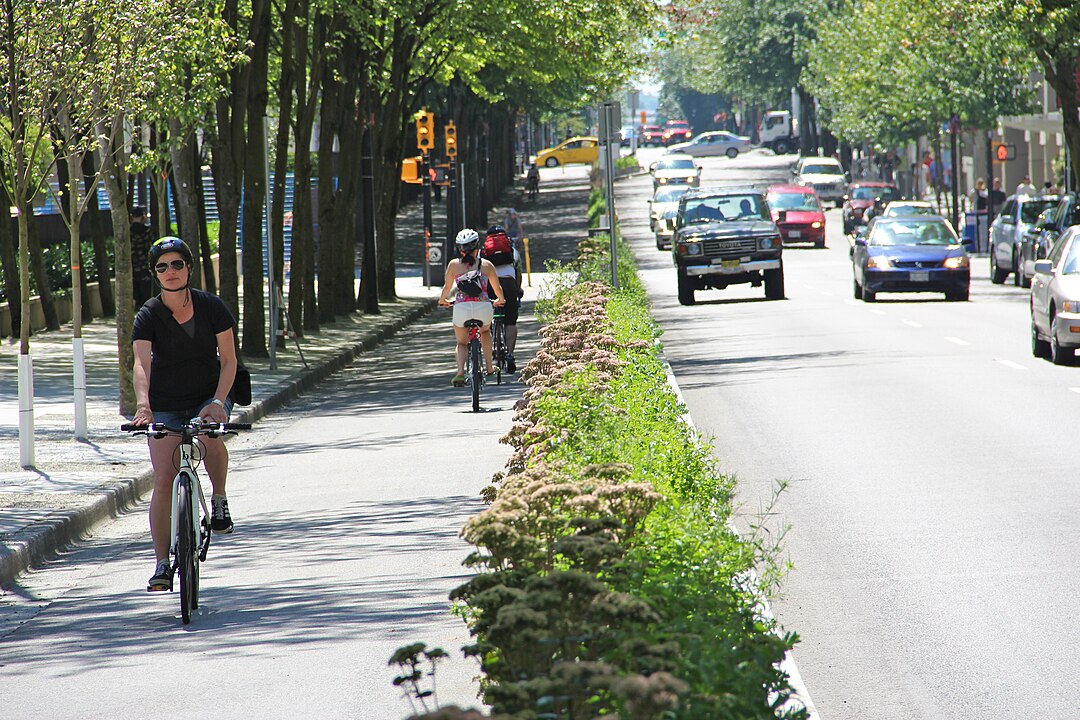
Many teens ride bikes for fun, but riding on sidewalks is banned in several U.S. cities, especially in busy downtown areas. Chicago prohibits it for anyone over 12 years old in business districts. The rule exists to protect pedestrians from accidents. Instead, bike lanes and designated trails offer safer alternatives. Teens who ignore this law risk tickets or having their bikes impounded. Knowing where cycling is legal prevents conflict with both pedestrians and police officers.
12. Respecting Memorial and Monument Spaces
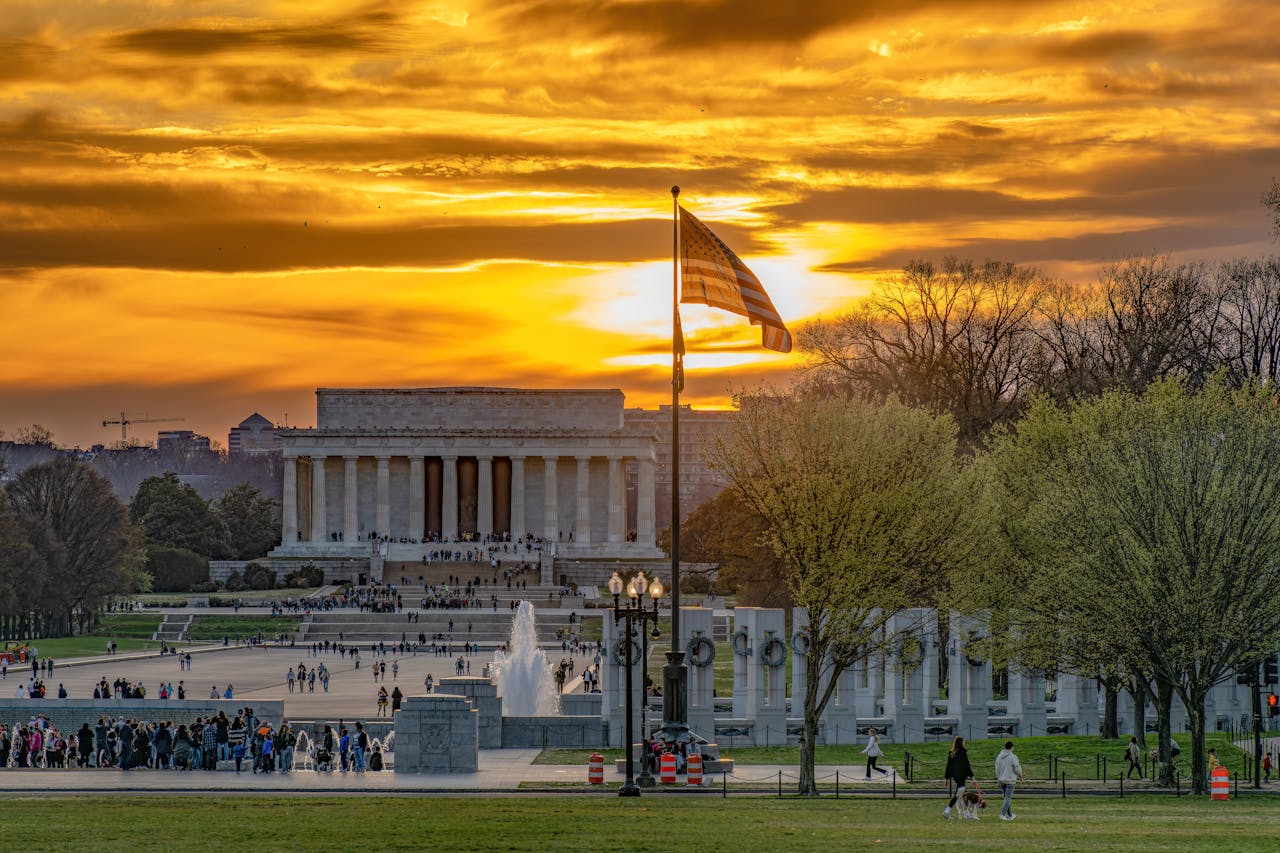
National and local monuments often have strict conduct rules. At the Lincoln Memorial in Washington D.C., activities like roughhousing, skateboarding, or even loud singing are prohibited. Park rangers regularly enforce these rules to maintain respect for historic sites. Teens may not realize that treating these spaces casually can result in removal or fines. Learning the importance of cultural respect in public monuments fosters responsibility while helping maintain the dignity of these symbolic locations.
